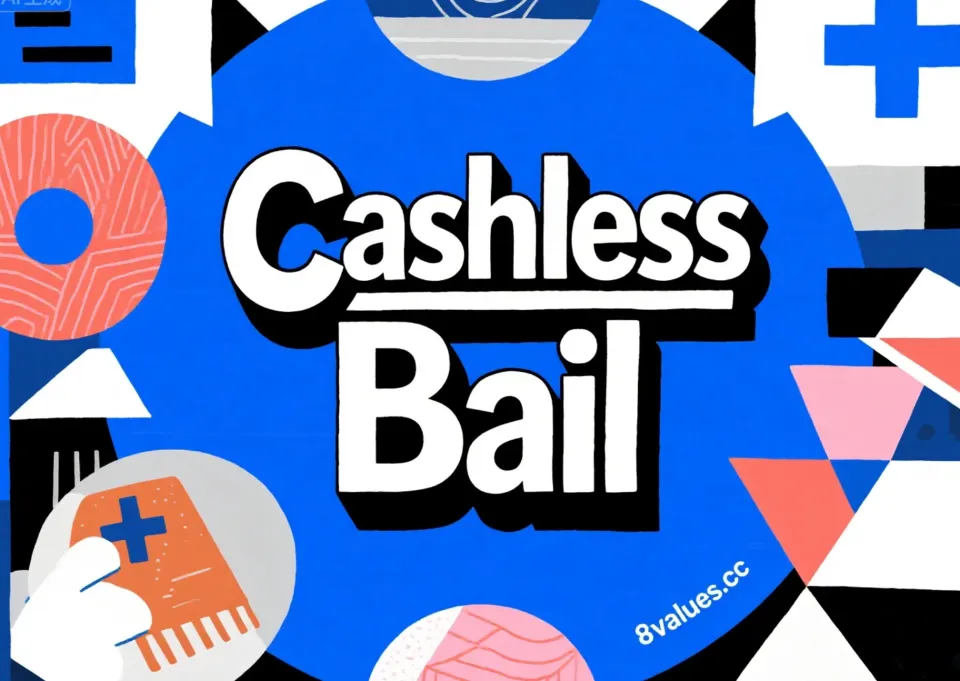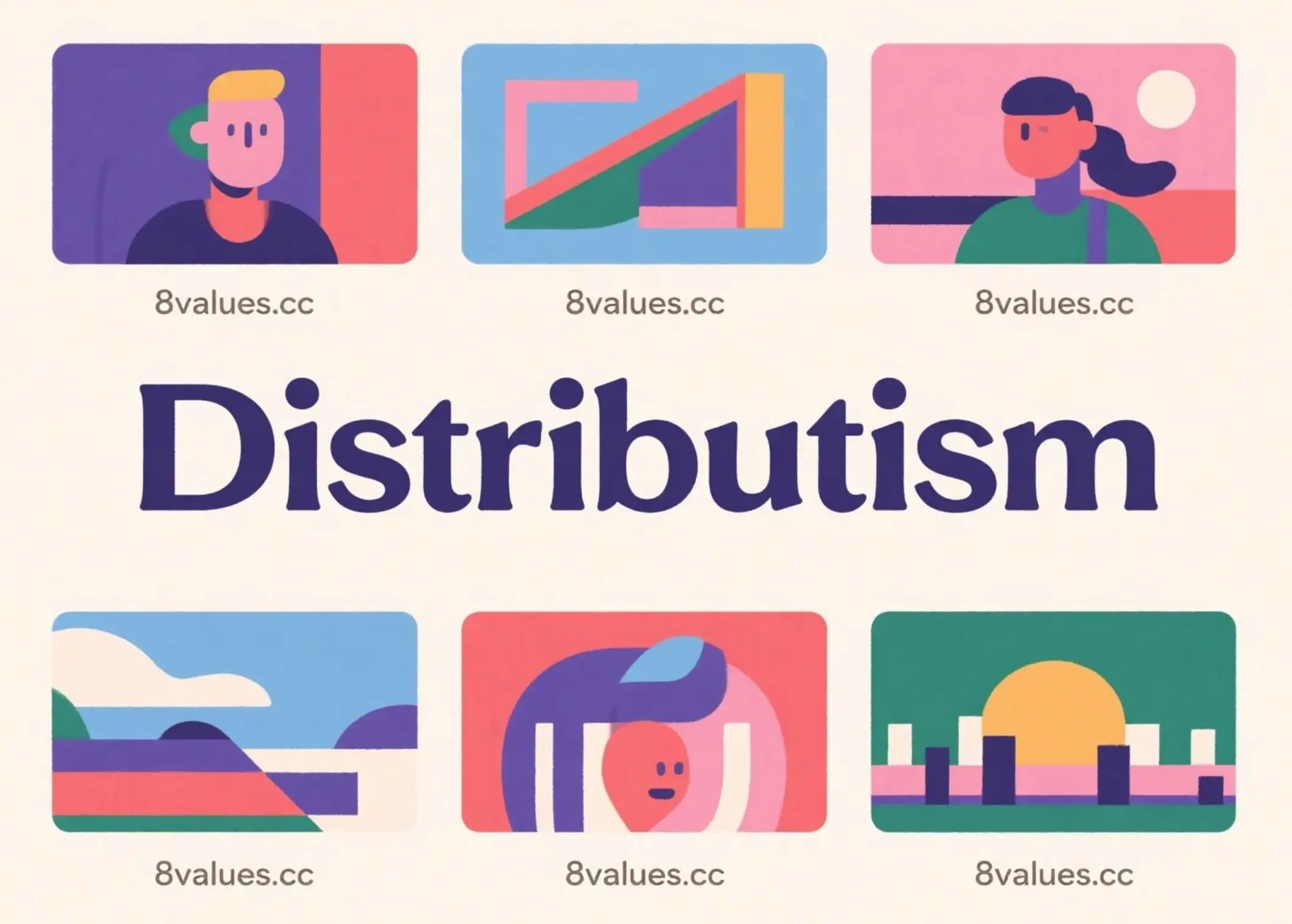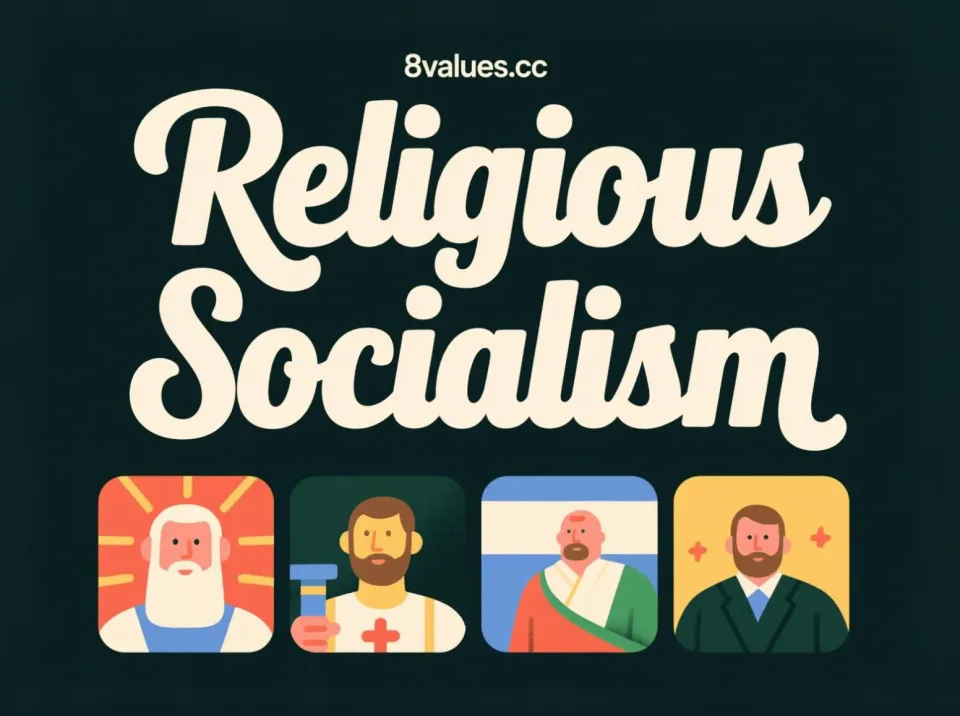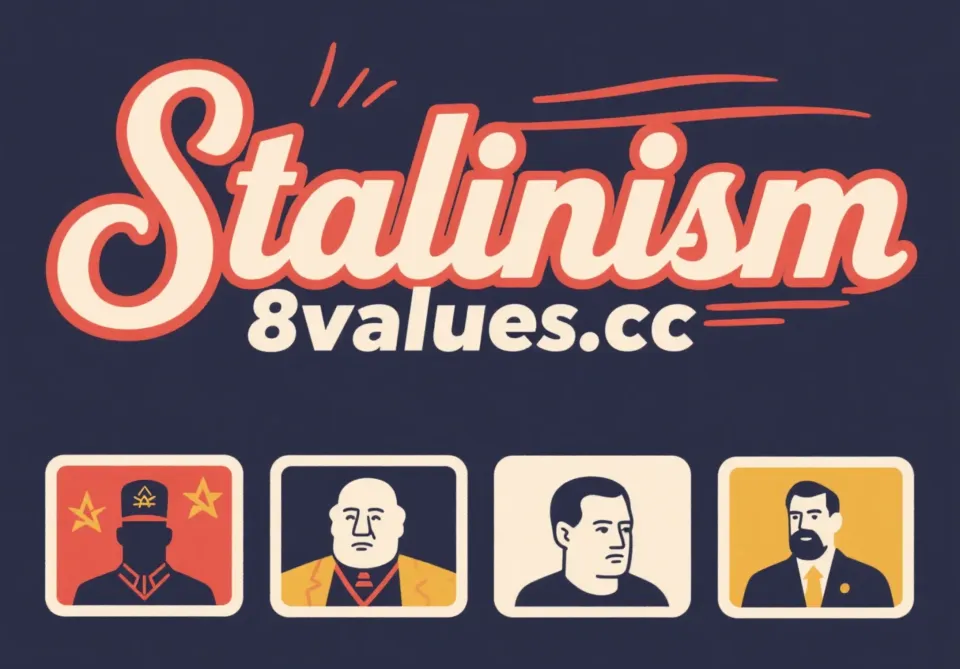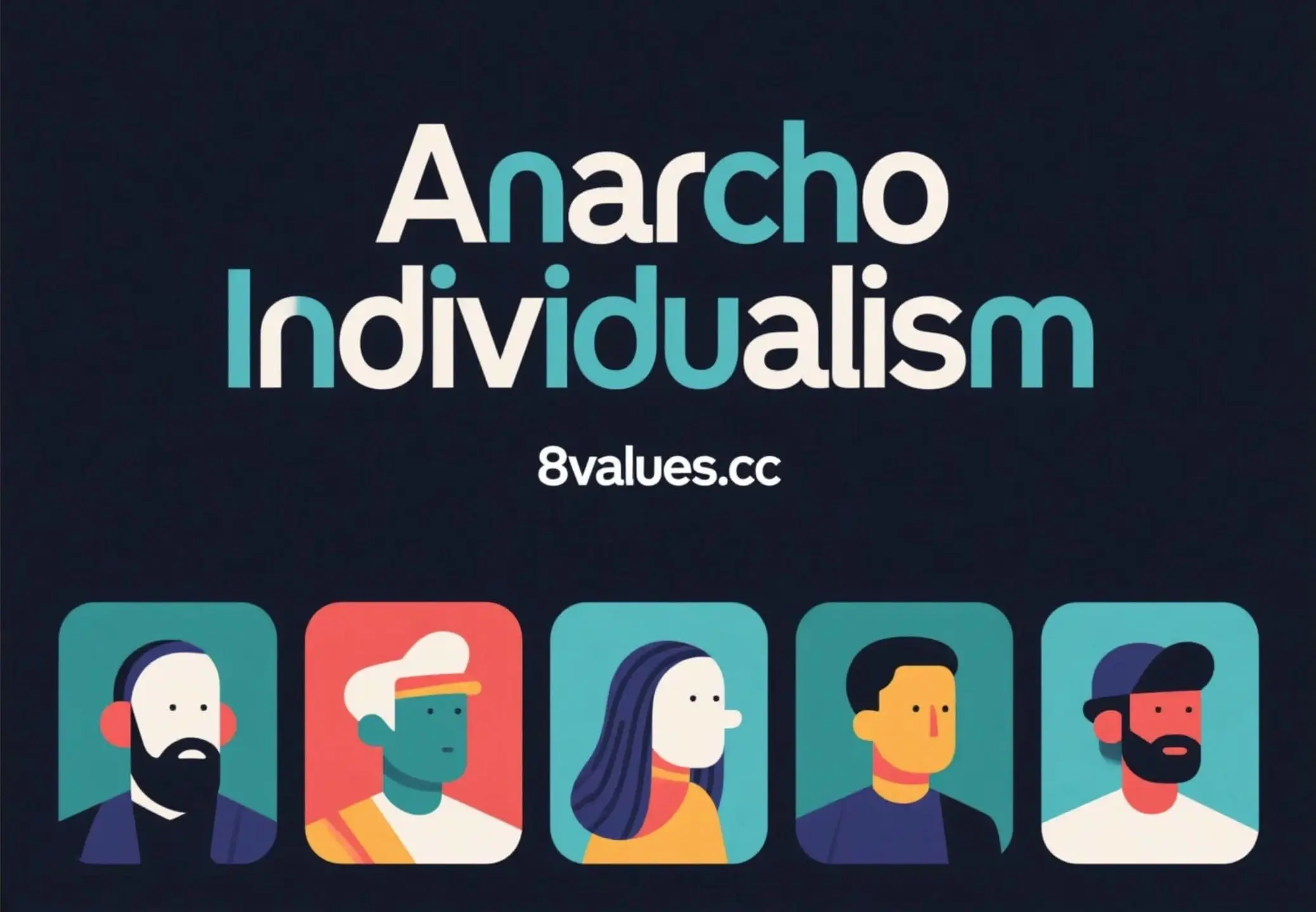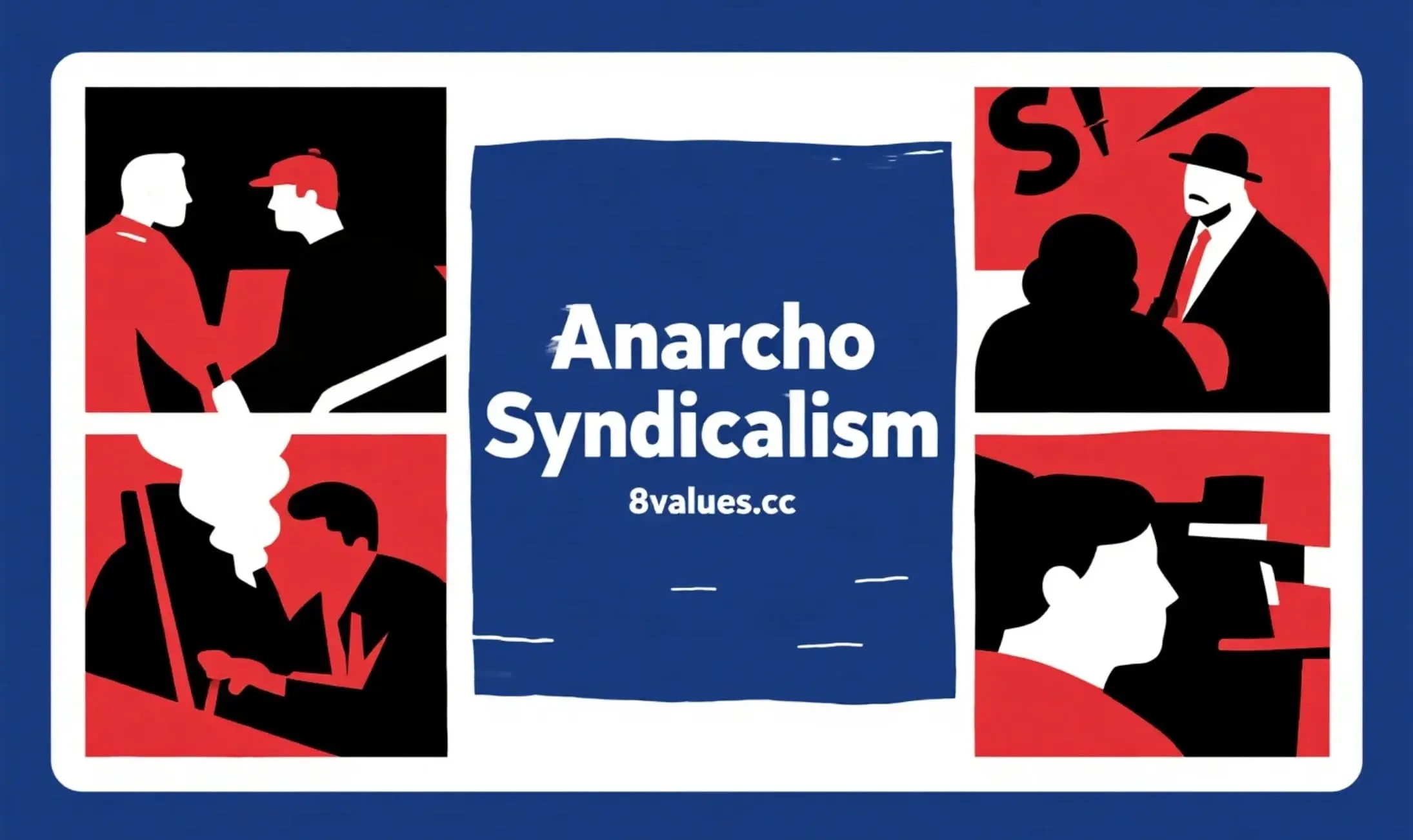In-depth analysis of cashless bail: a new balance between criminal justice fairness and public safety
Deeply explore the Cashless Bail system and understand its controversies, benefits and challenges in criminal justice reform. From wealth discrimination to public safety, explore how cashless bail affects personal freedom and social justice and connects your political leanings.
In the modern criminal justice system, bail plays a key role, aiming to ensure that the accused can be released while awaiting trial and appear on time. However, the traditional cash bail model has caused widespread controversy over its impact on personal freedom, social equity and public safety. To address these challenges, a reform plan called Cashless Bail came into being and sparked profound discussion and practice around the world.
Cash bail and cashless bail: Basic concept analysis
Traditional cash bail
Cash bail is when an individual is charged with a crime, one of the conditions for being released before the trial is to pay a certain amount of funds. This funding serves as a guarantee to ensure that the defendant will appear on time. If the defendants comply with the court’s requirements, the money is usually returned to them. Its core purpose is to ensure the defendant's appearance through economic pressure and prevent him from absconding before trial.
Reform plan: cashless bail
Cashless bail is a policy in criminal justice reform that allows the accused to be released without paying any money while awaiting trial. Under such a system, the defendant is usually released on a personal commitment (e.g., signing a personal warranty, i.e., "personal claim bail"), or in compliance with a range of non-monetary conditions (e.g., electronic monitoring, regular reporting to pre-trial services, restricting travel, etc.). The goal of cashless bail is to ensure that pretrial release decisions are based on the defendant's risks to public safety and the possibility of appearing in court, rather than their financial capacity. Usually, cashless bail is not subject to serious violent crimes or felony crimes.
Why is reform needed? Cash bail focus
The traditional cash bail system faces widespread criticism worldwide, focusing mainly on its fairness, efficiency and social impact:
- Wealth discrimination and "criminalized poverty" : The most core controversy is that the cash bail system is considered a punishment for poverty. Those with financial ability can pay bail to purchase freedom, while those who are unable to pay can be detained for a long time even if they have not been convicted. This is contrary to the basic legal principle of " presumption of innocence ", making freedom depend on wealth rather than the case itself.
- Systemic injustice and racial disparity : Several studies have shown that cash bail systems disproportionately affect people of color. For example, in some areas, African and Latino defendants are often sentenced to more bail than white defendants charged with similar crimes. This systemic inequality has exacerbated pre-trial detention rates in communities of color.
- Destructive Impact on Individuals and Family : Pretrial Detention has serious negative impacts on the accused and his family. Even if the detention time is short, an individual may lose his job, housing, and even affect his children's custody arrangements. Psychological and physiological trauma during custody, including the risk of sexual harassment or assault, and prolonged stay in prison due to inability to afford a bail, sometimes leading to tragedy, such as the case of a New York teen committing suicide after being detained for three years after being unable to pay a $3,000 bail.
- Impact judicial justice : Pre-trial detention may also affect the final outcome of the case. In order to regain freedom as soon as possible, even innocent people are more likely to choose to plead guilty, thereby obtaining a criminal record, creating long-term obstacles to their future employment and other life opportunities.
Advocacy and potential benefits of cashless bail
Supporters of cashless bail believe that this reform is key to achieving a more just and more effective criminal justice system and cited several potential benefits:
- Promoting wider social equity : By eliminating economic capacity as a prerequisite for release, cashless bail ensures that all individuals, regardless of their wealth status, enjoy equal rights to prejudicial freedom, embodying the fundamental principle of fairness in the judicial system.
- Improve public safety and reduce recidivism : Some studies challenge the idea that cashless bail can lead to higher crime rates. Instead, there is evidence that the destructive effects of pretrial detention may actually increase the likelihood of reoffending. For example, a New York State study found that the likelihood of reoffending a defendant was reduced by about 12% after cashless bail for misdemeanors and nonviolent felony. Keeping the accused person in touch with his family before trial and continuing to take on daily responsibilities will help stabilize his life and thus reduce the risk of re-arresistance.
- Significantly reduce social and fiscal costs : Detention of unconvicted individuals puts billions of dollars in burden on taxpayers each year. Cashless bail can effectively save a lot of public resources by reducing the prison population. Pre-trial freedom not only saves money, but also promotes community health and safety.
- More effective alternatives to court appearance rate security : Money bail proves not the only or most effective way to ensure court appearances. Non-monetary measures such as sending court date reminders by phone, text or mail, as well as providing transportation assistance or flexible court schedules are more effective in increasing defendants’ appearance rates. Some institutions that use SMS reminder services even achieved a 95% appearance rate.
Challenges and Opposition Voices: Public Safety Worries
Despite many advocacy, cashless bail reform also faces serious challenges and strong opposition:
- Public safety risks concerns : Opponents generally believe that the abolition of cash bail could allow individuals who pose a threat to public safety to be released before trial, resulting in an increase in crime. They fear that such policies will release “dangerous criminals” and facilitate repeated crime.
- Limitations on judicial discretion : Some critics point out that cashless bail policy may limit the right of judges to decide on release conditions or whether to detain dictate based on the case-specific circumstances and individual risks of the defendant. They believe that such restrictions may lead to the inability of the judicial system to effectively protect the community in some cases.
- Political Controversy and the "Wave of Crime" Narrative : In some areas, the rise in crime rates is often attributed to cashless bail reform by some politicians and media. Although research data do not generally support the direct link between cashless bail and rising crime rates, this narrative of “wave of crime” has had a huge impact in public opinion and is used as a reason to oppose reform. For example, a former president of a certain country signed an executive order that threatened to remove federal funds from state and local governments that implemented cashless bail.
The Road to Reform: Global Practice and Future Prospects
The reform of cashless bail is not achieved overnight, but a long-term process involving the interests of multiple parties and the transformation of profound social concepts:
- Reform practices around the world : Many countries and regions have begun to implement or explore cashless bail. For example, some states in the U.S., such as Illinois, became the first state to completely abolish cash bail in 2023, and New Jersey, New Mexico, Alaska and Washington, D.C. have also significantly reduced their reliance on cash bail. In addition, countries like Germany and the United Kingdom also tend to adopt a trust-based or conditional bail system rather than a pure monetary guarantee.
- The profound impact of iconic cases : Kalief Browder's tragic story became a powerful driving force for reform. He was detained for three years for being unable to pay $3,000 bail and eventually committed suicide after being released. This case deeply reveals the devastating consequences of the cash bail system on individuals and prompts the public to reflect on judicial justice.
- Continuous political resistance and media influence : cashless bail reform continues to face strong resistance from some politicians, law enforcement agencies and the media. Supporters point out that such opposition voices often exploit public fears of crime to maintain the status quo by exaggerating the negative effects of reforms. This "intimidation and sensationalism" makes it more difficult to promote such reforms in the future.
- Future Outlook : The future of criminal justice reform is full of uncertainty. Supporters stressed the need to continue to promote evidence-based reforms, such as strengthening pre-trial service agencies, providing electronic monitoring and other non-monetary conditions, and strengthening legal aid to detainees to establish a more just, equitable and humane justice system.
How do you view bail system reform in your political inclination?
The dispute over the cashless bail system profoundly reflects the different weights and understandings of different political ideologies on core values such as personal freedom , social fairness and public security .
How do you view the rationality of pre-trial detention? Do you think the gap between the rich and the poor should not affect the right to freedom in the judicial system? How should the government balance maintaining social order and protecting civil rights? These issues are closely linked to your political tendencies .
Through this website’s political inclination test , you can position yourself more clearly on these complex issues. A detailed introduction to all outcome ideologies will help you discover the deep political philosophy behind these social hot issues.
